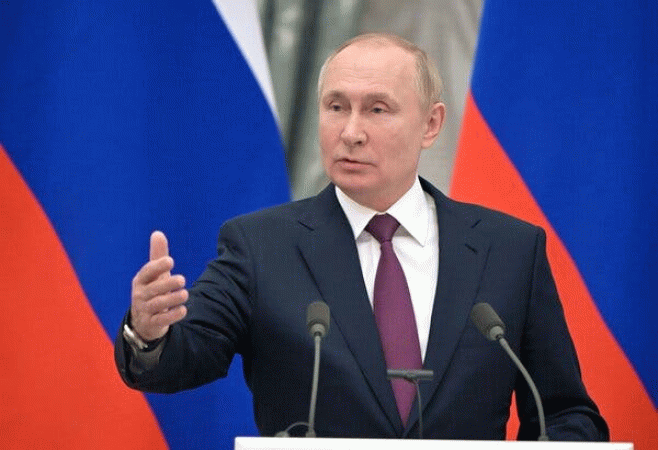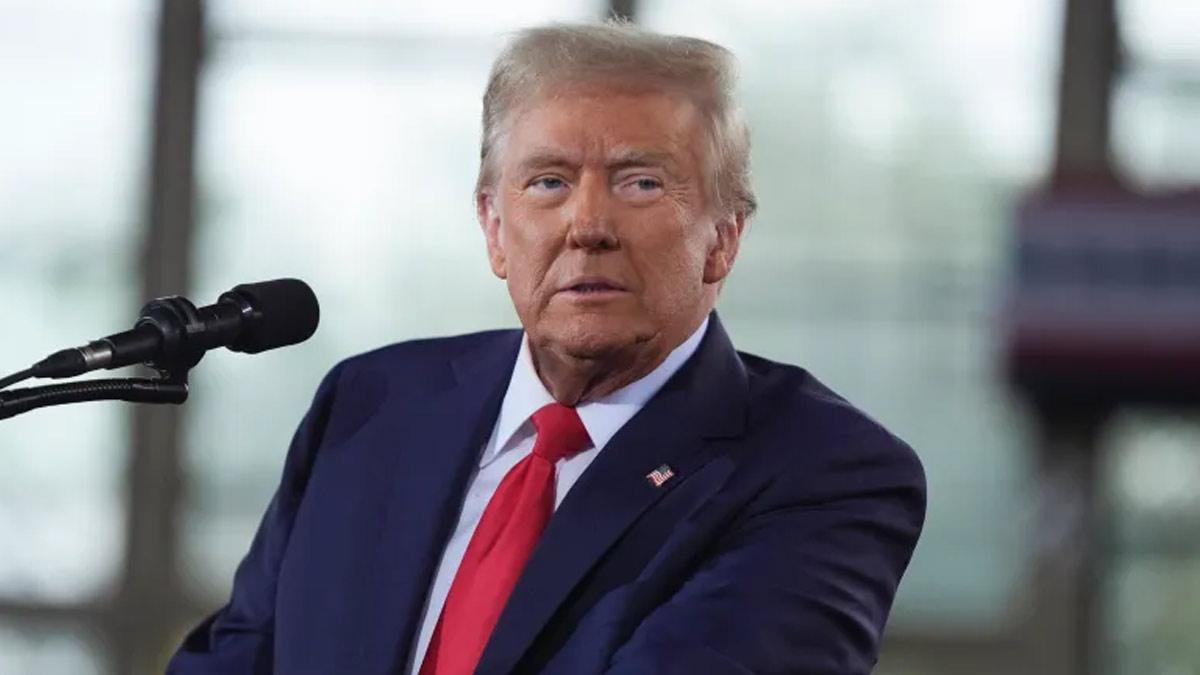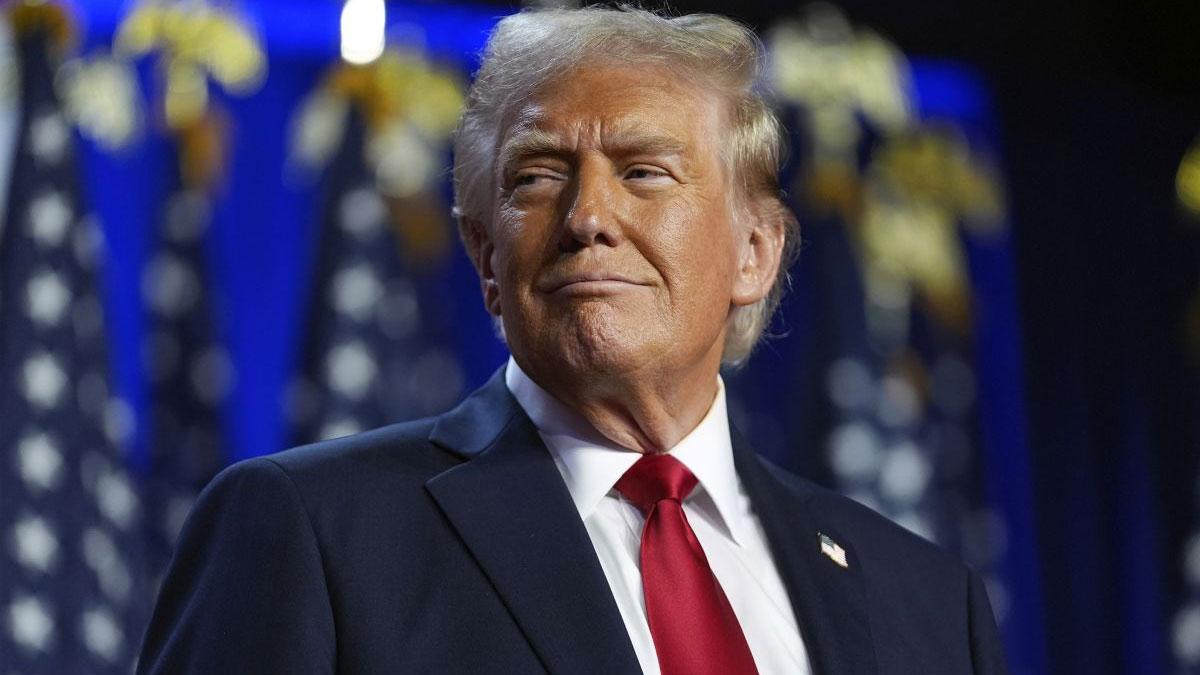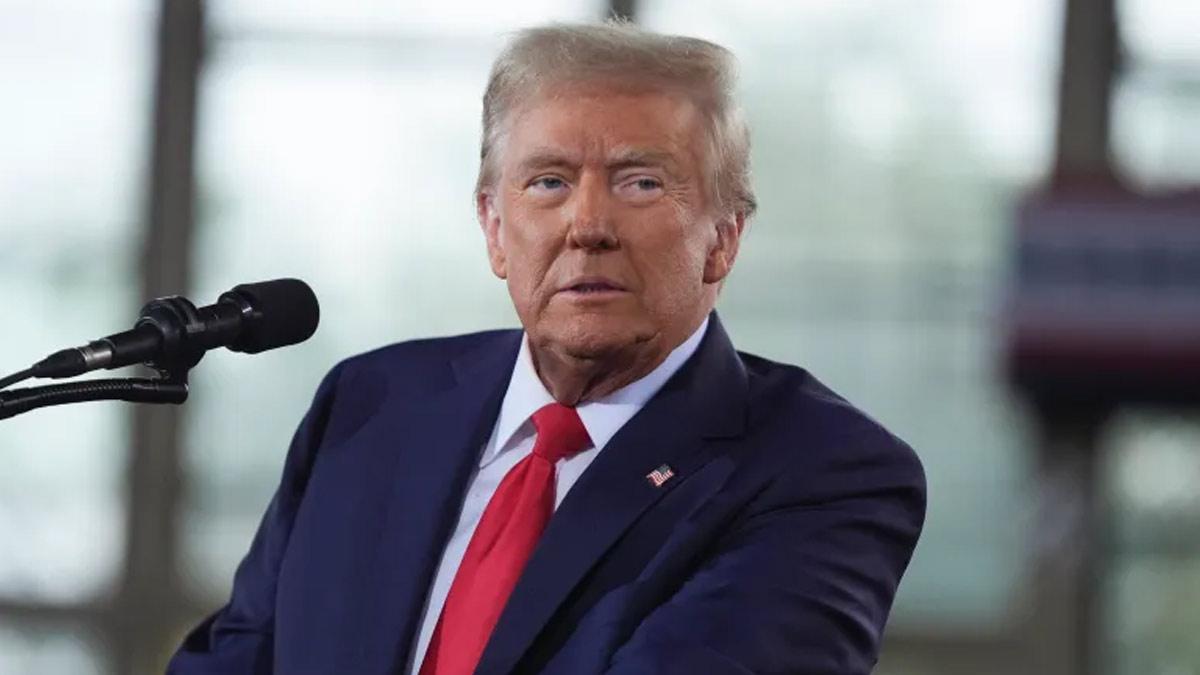After Russia's announcement of partial troop withdrawal from the Ukraine border, President Putin on Tuesday said that his country is not seeking war in the European continent.
“Do we want this or not? Of course, not. That is exactly why we put forward proposals for a process of negotiations… We are ready to work further together. We are ready to go down the negotiations track,” Putin said in a press brief after a four-hour long meeting with Germany’s Chancellor Olaf Scholz.
Putin, however, said that NATO and the US must take Russia’s security concerns seriously and reminded that his country “cannot turn a blind eye” to the way the west interprets attempts to strengthen its security at the cost of others’ as per its own convenience. President Putin also reminded the 1990s Yugoslavian war as a precedent of conflict in the continent. He said that the Yugoslavian conflict was initiated without the approval of the UN Security Council.
Also read| Ukraine hit by massive cyberattack amid standoff with Russia
President Putin also drew a parallel between Bosnian genocide in Serbia in the 1990s and the threat of genocide of ethnic Russians in Ukraine’s eastern province of Donbas.
Chancellor Scholz welcomed the news of a partial troop withdrawal announcement from the Ukrainian border. He, nevertheless, expressed caution regarding the situation and termed the troop buildup in the first place as “incomprehensible.” “I expressed that the troop build up is seen as a threat… Of course we are very concerned, there are more than a 100,000 Russian troops on the border with Ukraine, and we find this incomprehensible... it is our absolute duty as heads of government that Europe does not see an escalation into war.,” Chancellor Olaf said.
Also read| UN envoy contemplates framework for peace in Yemen
Earlier on Tuesday, the Russian Defence Ministry confirmed a partial troop withdrawal from the Ukrainian border after the troops completed military exercises. The US Secretary of State Anthony Blinken said in a Telephonic conversation with Russian foreign minister Sergei Lavrov that America needs to see “verifiable, credible, meaningful de-escalation.” The UK Prime Minister Boris Johnson also expressed both optimism and caution. “There are signs of a diplomatic opening with Russia, but the intelligence we are seeing today is not encouraging. We have a tough package of sanctions ready if Russia chooses war. We maintain that diplomacy and de-escalation is the only way forward,” he tweeted.


















